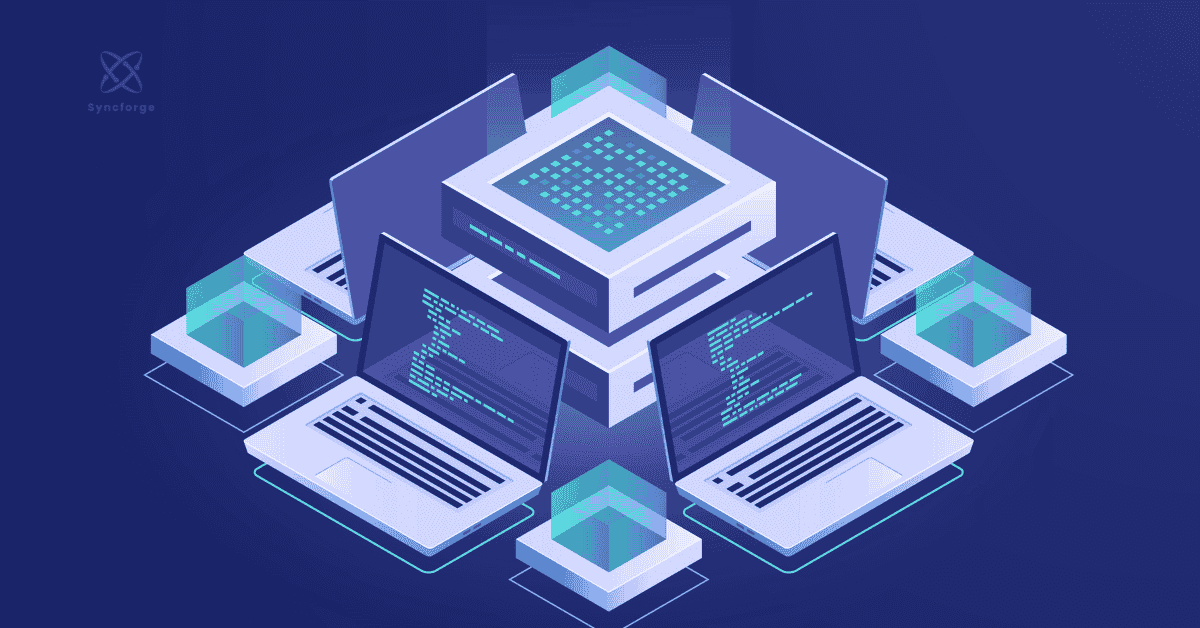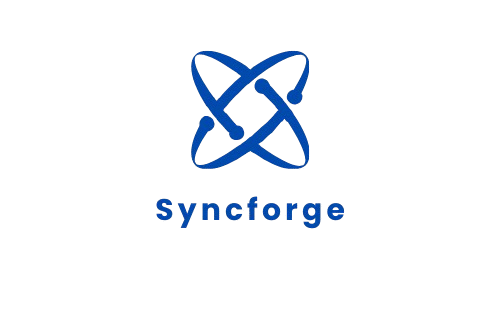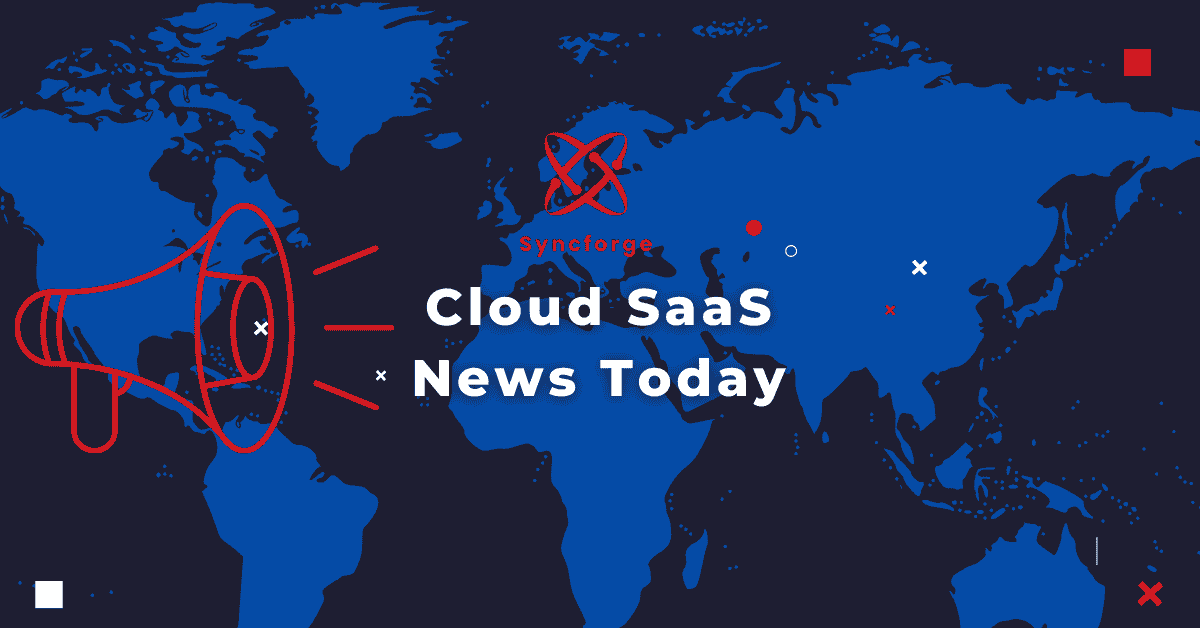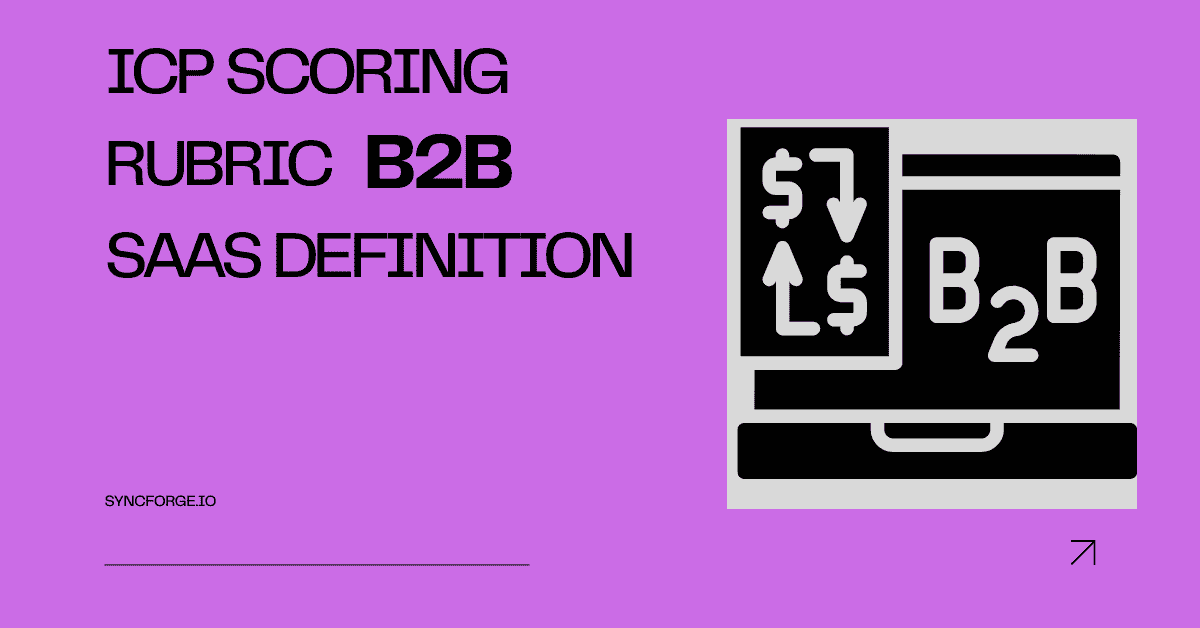Kubernetes Liecule SaaS in 2026: Easy and Reader-Friendly Guide Unlocking Benefits, Challenges, and Best Examples.

Introduction:
In recent times, all digital businesses are powered by Software-as-a-Service (SaaS). It is trending across companies for providing speed, cost efficiency, and customer convenience, but building it from scratch is complicated.
It is just like building a skyscraper on shifting ground. A long list encompassing scalability, billing, data security, high-quality infrastructure, and tenant isolation is required simultaneously. Every company, especially startups or even established enterprises, cannot afford to build its own SaaS models.
Provides a solution to their problem. This game-changer fuses Kubernetes scalability and Liecule’s modular approach to deliver a modern way of building and running SaaS applications in a faster, easier, and more secure manner.
This guide will break down how companies can save their money, time, and improve security by employing Kubernetes Liecule SaaS when building their cloud applications. You will learn about its features, benefits, and challenges as well.
What is Kubernetes Liecule SaaS?
It is an easier and faster way of building and running SaaS apps with the help of Kubernetes and pre-built building blocks. As the name suggests, it is comprised of two things:
- Kubernetes acts as the operating system of the cloud, allowing numerous applications to run smoothly even when multiple users are online. It enables the application to handle the load without crashing. It streamlines scaling up and scaling down of the application as per the demand.
- Liecule are ready-made, connected building blocks that emphasize modularity. They save your time by providing you with business-ready SaaS components like billing and tenant solutions. Instead of reinventing the wheel from scratch, you just need to plug in pre-built modules, and you are ready to step into the market.
Precisely, Kubernetes Liecule SaaS empowers rapid app startup on Kubernetes, supports multi-tenant isolation to keep customer companies’ data separate, automates billing, and offers feature customizations as per tenants.
Why Kubernetes Matters for SaaS Deployment?
Kubernetes adds premium value to SaaS. It has become the industry’s de facto orchestrator. It provides the following critical pillars for SaaS
Scalability
Kubernetes automatically scales up and scales down your application based on demand. For instance, during events such as Black Friday, it scales up your application by adding more resources so it can handle more users and load, preventing crashes. Similarly, when traffic is low, it automatically scales down to cut expenses.
Isolation
Kubernetes ensures the strict segregation of customers’ data, preventing data leakages and interferences between them. Multi-tenant SaaS isolation guarantees each tenant their own private space, which no one else can access or violate, maintaining trust and compliance standards.
Flexibility
Kubernetes supports both deployment models, whether you serve a single-tenant enterprise with a dedicated environment or a multi-tenant SaaS, giving millions of tenants a shared system. It is capable of adapting without forcing any expensive constructional redesigns.
Portability
It is capable of running applications smoothly across different infrastructures without much modification. You can easily move your SaaS products across different cloud providers. It frees you from locking into one vendor only. You can easily move your workloads across AWS, Azure, and GCP etc.
Resilience
Its built-in features like failover and self-healing prevent outages and downtimes.. It keeps your applications running without hindrances.
Spotify relies heavily on Kubernetes for handling its massive growth and global scaling, which demonstrates the real-world value of Kubernetes. It is a learning example for SaaS startups that how Kubernetes plays a foundational role in attracting both investors and customers.
Key Features of Kubernetes Liecule SaaS
Brings both agility for developers and reliability for customers through modular and operational components:
- Multi-tenant Support: Every tenant is provided their own private space, which no one else can violate. It ensures trust, security, and compliance.
- Automated billing: It frees you up from manual billing headaches due to its integrations with Stripe or Chargebee for recurring billing and revenue management.
- Customer Domains & SSL: Every tenant receives a distinguished, branded, and secure domains that foster credibility and trust among end customers.
- Backup & Disaster Recovery: It minimizes data loss risks and ensures fast recovery of data from failures through tools like Velero.
- Monitoring & Observability: It has a central dashboard to track performance, cost, and usage. It helps to redefine strategy and make more informed decisions based on the observations.
- Per-Tenant Upgrades: It allows you to test new features or upgrades with selected tenants before launching them widely.
Benefits of Adopting Kubernetes Liecule SaaS
The amalgamation of Kubernetes orchestration with Liecule’s module offers speed, reliability, and efficiency to businesses. Let’s have a look at its advantages:
- Faster time-to-market: It automates your infrastructure and provides you with ready-made components that reduce your deployment time from months to weeks. You can jump into the market within weeks.
- Cost Optimization: It provides flexible scaling and shared infrastructure, which reduces overall expenses. For example, when traffic is low, it automatically cuts down on extra resources to save money.
- Enterprise-grade security: Namespaces and RBAC provide strict tenant security by segregating customers’ data to prevent data leakages and interferences.
- High Availability: It keeps the applications running even during hardware failure due to its automated failover and healing features. It prevents downtimes and saves millions for healthcare and fintech companies.
- Customization: It allows businesses to launch personalized products without disturbing the core infrastructure.
- Flexibility across clouds: It helps businesses to use multi-cloud strategies and not be tied to a single cloud server. It streamlines portability across AWS, Azure, and GCP or other private data centres.
For example, after adopting Kubernetes Liecule, Adobe smoothly transitioned from Creative Suite to Creative Cloud.
Common Challenges & Solutions:

You may face a few hurdles while adopting Kubernetes. Let’s discuss them along with their solutions:
- Complex Setup: The initial setup of Kubernetes is very complicated for new teams and can overwhelm them. It is not an easy job to manage YAML files and namespaces for beginners.
Solution: You can take help from Helm charts that can simplify deployment and use enablers like KuberLogic to reduce manual configuration.
- Security Risk: Shared place or multi-tenancy indicates the risk of data leakages, which is the biggest setback of Kubernetes. Data security is the top priority of any company, especially crucial for the healthcare and finance industries.
Solution: Strictly enforcing RBAC, network policies for traffic segmentation, and secret encryptions for protecting sensitive data is the only way to overcome this challenge.
- Billing & Compliance: Manual handling of payments and managing compliance is very complex in the realm of SaaS. Incorrect management not only causes revenue loss but also leads to legal vulnerabilities.
Solution: Integrating PCI-compliant platforms such as Chargebee and Stripe reduces risks by ensuring safe transactions and easing audits.
- Monitoring Overhead: You are unable to make informed and smart decisions without evaluating your performance, costs, and resource usage.
Solution: You can get real-time updates with the help of Prometheus and Grafana, one track metrics, and the other provides dashboard updates.
Practical Use Cases:
Kubernetes Liecule is not designed for one specific industry. It is suitable for various industries. Here are examples that how it is employed in different industries:
| Use Case | Short Description |
| Startups | Launch MVPs fast without complex setup. |
| Enterprises | Modernize legacy apps into SaaS. |
| Healthcare | Secure, HIPAA-compliant data isolation. |
| Fintech | Multi-tenant apps with billing built in. |
| eCommerce | It ensures smooth scaling based on demand |
Best Practices for Implementation:
Below are a few tips for smooth and effective adoption of Kubernetes Liecule SaaS:
- Start with a small cluster to avoid unnecessary spending and save money. Starting small and scaling gradually when demand grows is the safest and secure decision.
- Automate CI/CD pipelines for speedy and reliable deployments within weeks. It will save your time and optimize your performance.
- Enable early monitoring to prevent the trap of inconveniences. Stay one step ahead of issues by leveraging tools like Prometheus and Grafana.
- Plan for multi-cloud to ensure flexibility and run workloads across various clouds.
Supporting Tools & Frameworks
The following tools aid businesses in implementing Kubernetes Liecule SaaS efficiently and effortlessly:
| Tool | Functionality |
| KuberLogic | Free enabler for speedy SaaS development. |
| Helm Charts | Ready-to-use templates to streamline launch. |
| Kubermatic | Manages Kubernetes at enterprise scale. |
| Crossplane | Provides Infrastructure as Code for Kubernetes. |
| OpenShift SaaS Tools | Red Hat’s enterprise-grade SaaS enablement. |
Future Trends in Kubernetes SaaS in 2026
The following trends are shaping the future of Kubernetes SaaS:
AI-driven Scaling
The major expenditure for SaaS providers is the cloud expenses. Unlike traditional scaling, AI-driven scaling can save providers from unnecessary expenses as it predicts the demand in advance, ensuring resources are available before the traffic outpouring, and cuts the extra resources when demand falls.
Serverless SaaS
Function-as-a-service allows designers to concentrate on code, freeing them from the complexities of managing servers. SaaS teams will enjoy the container orchestration even with minimized infrastructure overhead, after fusing Kubernetes with serverless SaaS. It offers a golden opportunity for startups.
Compliance-First SaaS
Data protection is non-negotiable in any business. Kubernetes is addressing this concern by offering built-in encryption, auditing, and access control. It is continuously improving its compliance framework and getting better with every passing day
Multi-Cloud Federation
No business wants to be tied to a single cloud provider. Every business wants to use multi-cloud strategies to serve customers across the globe. Kubernetes offers portability and makes it possible to shift your workloads across various clouds.
Gartner predicts that by 2027, almost 90% of SaaS providers will depend on container orchestration for their scalability and regulation, highlighting the importance of Kubernetes even in the future.
Conclusion:
Kubernetes Liecule SaaS is not just a technology; it’s a well-structured business strategy for the future. It helps SaaS providers to stay competitive in today’s rapidly changing digital economy by blending orchestration with modularity. This technology offers scalability, security, and efficiency to SaaS providers and saves them money, time, and headaches.
FAQs
Name some features of Kubernetes Liecule SaaS?
It has many useful features, including multi-tenant support, data recovery, secure domain, and much more.
How can I implement Kubernetes Liecule SaaS?
If you are a beginner, you can take help from supporting tools like KuberLogic and Helm Charts, etc.
What is scaling down?
Scaling down is the process of cutting down the extra resources when there is not much traffic on the application.
What are the limitations of implementing Kubernetes Liecule SaaS?
Security risks and complex setup are the most prominent challenges of this technology.
How does Kubernetes help SaaS providers?
It gives them plug-and-play components to enter the market instead of building from scratch, and offers scalability, efficiency, and security, eliminating the headaches of infrastructure.
CTA:
Work smart, not hard. Reduce your deployment cycles from months to weeks and jump into the market with Kubernetes Liecule SaaS. Explore more about SaaS on Syncforge.




